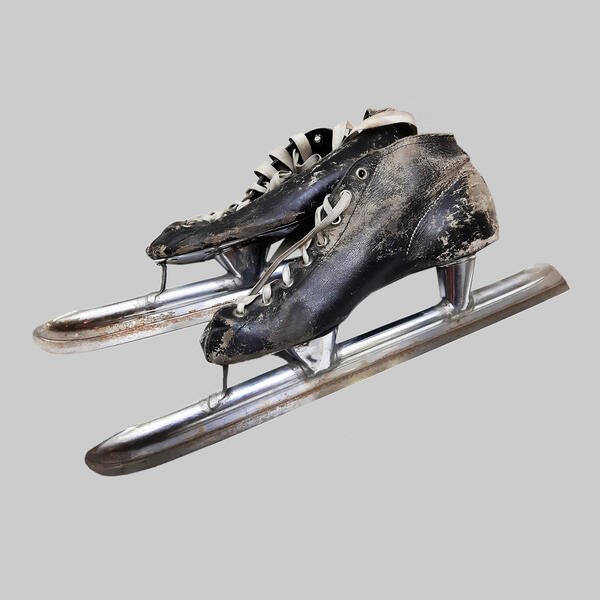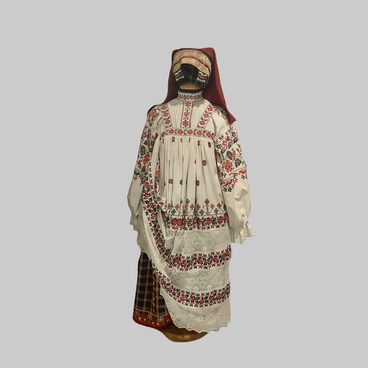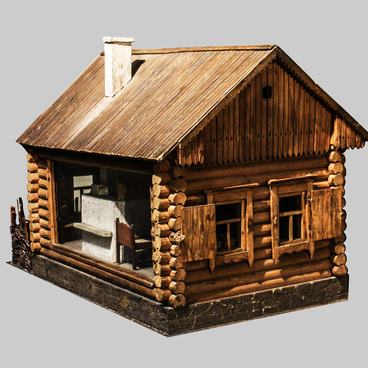LIdiya Skoblikova was born in the city of Zlatoust, the Chelyabinsk Region, on March 8, 1939. She did various sports at school, from volleyball to artistic gymnastics. Skoblikova took up speed skating at the age of 15. At the time, she was coached by Olga EvdokImova. She qualified for the title of Second-Class Sportsman (a rank under the Unified Sports Classification System of the USSR and Russia) at her very first competition. In 1956, LIdyia Skoblikova became the champion of her hometown.
Her first solid sports achievements came in the late 1950s. She won the track and field championships of the Chelyabinsk Region multiple times and took part in cross-country skiing and volleyball competitions. Skoblikova won her first competition in 1958. She became the Master of Sport of the USSR and won the Spartakiad of the Peoples of the Russian Soviet Federative Socialist Republic (a format of national competitions) in the 1,500-meter race. This caught the eye of coaches, and she was invited to join the national team. In 1959, Skoblikova won a bronze medal at the world championships and placed high at the USSR championship. Skoblikova performed brilliantly in the long-distance (3,000 m) and medium-distance (1,500 m) events, but at first was having problems with sprint events (500 m and 1,000 m). However, she soon conquered those distances as well.
The speed skater won gold in both sprint events at the 1960 World Allround Championships ahead of the Winter Olympics and was considered a hot favorite at Squaw Valley. Despite that, Skoblikova was not on form at the Olympic sprint event; yet she came out on top in the long-distance and medium-distance races. After becoming a two-time Olympic champion at the young age of 21, she began preparations for her second Olympic Games. Skoblikova dominated the 1963 World Championships in Japan, sweeping all four events. Her sights were firmly set on the Olympics. The pair of skates showcased in the museum was worn by Lidiya Skoblikova during that very period from 1956 to 1967.
At the 1964 Winter Olympics, Skoblikova won all four events, setting Olympic records in three of them (500 m, 1,000 m, and 1,500 m). LIdiya Skoblikova’s achievement of winning a total of six Olympic gold medals in speed skating remains unmatched to this day.
Her first solid sports achievements came in the late 1950s. She won the track and field championships of the Chelyabinsk Region multiple times and took part in cross-country skiing and volleyball competitions. Skoblikova won her first competition in 1958. She became the Master of Sport of the USSR and won the Spartakiad of the Peoples of the Russian Soviet Federative Socialist Republic (a format of national competitions) in the 1,500-meter race. This caught the eye of coaches, and she was invited to join the national team. In 1959, Skoblikova won a bronze medal at the world championships and placed high at the USSR championship. Skoblikova performed brilliantly in the long-distance (3,000 m) and medium-distance (1,500 m) events, but at first was having problems with sprint events (500 m and 1,000 m). However, she soon conquered those distances as well.
The speed skater won gold in both sprint events at the 1960 World Allround Championships ahead of the Winter Olympics and was considered a hot favorite at Squaw Valley. Despite that, Skoblikova was not on form at the Olympic sprint event; yet she came out on top in the long-distance and medium-distance races. After becoming a two-time Olympic champion at the young age of 21, she began preparations for her second Olympic Games. Skoblikova dominated the 1963 World Championships in Japan, sweeping all four events. Her sights were firmly set on the Olympics. The pair of skates showcased in the museum was worn by Lidiya Skoblikova during that very period from 1956 to 1967.
At the 1964 Winter Olympics, Skoblikova won all four events, setting Olympic records in three of them (500 m, 1,000 m, and 1,500 m). LIdiya Skoblikova’s achievement of winning a total of six Olympic gold medals in speed skating remains unmatched to this day.



